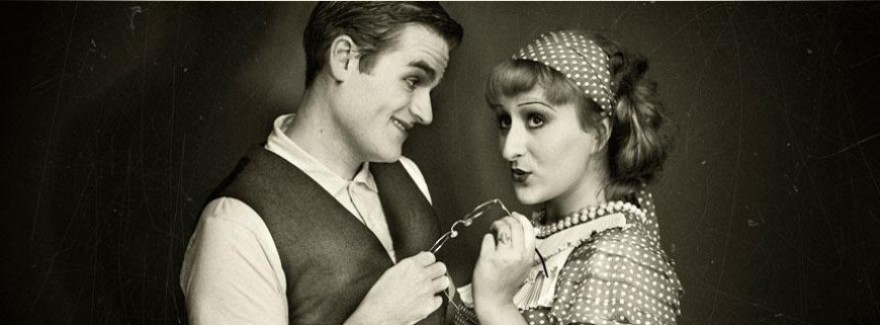“He was a sergeant major in the Russian army, thirty-six years old. He was stationed in Angola, a long way from home. His wife had come out to visit him.
On August 24, South African military units entered Angola in an offensive against the Black Nationalist guerillas taking sanctuary there. At the village of N-Giva, they encountered a group of Russian soldiers. Four were killed and the rest of the Russians fled—except for Sergeant Major Pestretsov. He was captured, as we know because the South African military communique’ said: “Sgt. Major Nicolai Petretsov refused to leave the body of his slain wife, who was killed in the assault on the village.”
It was as if the South Africans could not believe it, for the communique’ repeated the information. “He went to the body of his wife and would not leave it, although she was dead.”
How strange. Why didn’t he run and save himself ? What made him go back? Is it possible that he loved her? Is it possible that he wanted to hold her in his arms one last time? Is it possible that he needed to cry and grieve ?
It’s possible. We don’t know. Or at least we know for certain. But we guess. His actions say it all.
And so he sits alone in a south African prison. Not a “Russian” or “Communist” or “soldier” or “enemy” or any of those categories. Just-a-man who cared for just-a-woman for just-a-time more than anything else.
Here’s to you, Nicolai Pestretsov, wherever you may go and be, for giving powerful meaning to the promises that are the same everywhere; for dignifying that covenant that is the same in any language—“for sickness and in health, to love and honor and cherish unto death, so help me God.” You kept the faith; kept it bright—kept it shining. Bless You!!” (excerpt from All I Really Need to Know I Learned in Kindergarten by Robert Fulghum, pgs. 29-31, 1988).
So today we pray: Lord show us the beauty and value of commitment and covenant. Give us the love that makes us want to go back.
